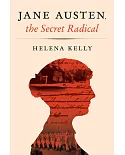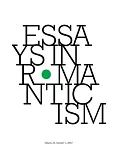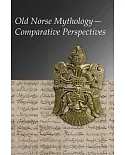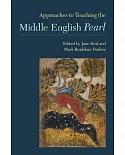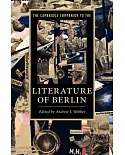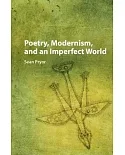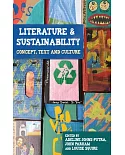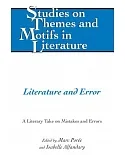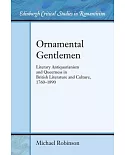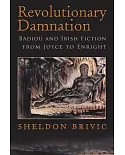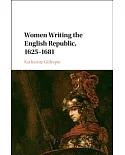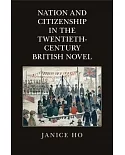Focusing on major authors and problems from the Italian fourteenth and sixteenth centuries, from Petrarch and Boccaccio to Machiavelli, Ariosto and Tasso, A Local Habitation and a Name examines
the unstable dialectic of realityand imagination,as well as of historyand literature.Albert Ascoli identifies and interprets the ways in which literary texts are shaped by and serve the
purposes of multiple, intertwined historical discourses and circumstances, and he equally probes the function of such texts in constructing, interpreting, critiquing, and effacing the histories
in which they are embedded. Throughout, he poses the theoretical and methodological question of how formal analysis and literary forms can at once resist and further the historicist
enterprise.Along the way Ascoli interrogates the mechanisms of historical periodization that have governed for so long our study of what is sometimes called the Renaissance,sometimes the early
modern period. He also addresses the period's own unstable version of the literature/history opposition, the place of gendered discourse in the construction of historical narratives (and vice
versa), the elaborate formal strategies by which poets and intellectuals negotiate their relations to power, and, finally, the way in which proper names (of authors, works, and exemplary
characters) serve as points of negotiation between individual identity and social order in the Renaissance.The book brings to culmination two decades of a major scholar's thinking about some of
the most important figures and questions that shaped the Renaissance, with emphasis on the question of history, both the historical context of literature and the writing of literary history.


